Archbishop Eamon Martin, chair of the Bishops’ Council for Communications, today welcomed this year’s message by Pope Francis for the 49th World Day for Social Communications. The theme of the text is Communicating the Family: A Privileged Place of Encounter with the Gift of Love.
The 2015 communications message is the second by Pope Francis and, while it is published today on the Feast of Saint Francis de Sales, the patron of journalists, writers and editors; the actual celebration of World Day for Social Communications takes place on 17 May next, the Sunday before Pentecost.
Archbishop Martin said, “Pope Francis expresses a clear and fundamental message for the benefit of the whole human family and it relates to our earliest shared experience and common bond. The Holy Father tells us that “it is in the context of the family that we first learn how to communicate.” His message is offered to us as we prepare for the Synod of the Family which will take place in the Vatican, during October, guided by the theme The Vocation and Mission of the Family in the Church and Contemporary World. I urge everyone with a love of family to reflect upon today’s challenging message.”
Message of His Holiness Pope Francis for the 49th World Communications Day – “Communicating the Family: A Privileged Place of Encounter with the Gift of Love”
The family is a subject of profound reflection by the Church and of a process involving two Synods: the recent extraordinary assembly and the ordinary assembly scheduled for next October. So I thought it appropriate that the theme for the next World Communications Day should have the family as its point of reference. After all, it is in the context of the family that we first learn how to communicate. Focusing on this context can help to make our communication more authentic and humane, while helping us to view the family in a new perspective.
We can draw inspiration from the Gospel passage which relates the visit of Mary to Elizabeth (Lk 1:39-56). “When Elizabeth heard Mary’s greeting, the infant leaped in her womb, and Elizabeth, filled with the Holy Spirit cried out in a loud voice and said, ‘Most blessed are you among women, and blessed is the fruit of your womb’.” (vv. 41-42)
This episode first shows us how communication is a dialogue intertwined with the language of the body. The first response to Mary’s greeting is given by the child, who leaps for joy in the womb of Elizabeth. Joy at meeting others, which is something we learn even before being born, is, in one sense, the archetype and symbol of every other form of communication. The womb which hosts us is the first “school” of communication, a place of listening and physical contact where we begin to familiarize ourselves with the outside world within a protected environment, with the reassuring sound of the mother’s heartbeat. This encounter between two persons, so intimately related while still distinct from each other, an encounter so full of promise, is our first experience of communication. It is an experience which we all share, since each of us was born of a mother.
Even after we have come into the world, in some sense we are still in a “womb”, which is the family. A womb made up of various interrelated persons: the family is “where we learn to live with others despite our differences” (Evangelii Gaudium, 66). Notwithstanding the differences of gender and age between them, family members accept one another because there is a bond between them. The wider the range of these relationships and the greater the differences of age, the richer will be our living environment. It is this bond which is at the root of language, which in turn strengthens the bond. We do not create our language; we can use it because we have received it. It is in the family that we learn to speak our “mother tongue”, the language of those who have gone before us. (cf. 2 Macc 7:25,27). In the family we realize that others have preceded us, they made it possible for us to exist and in our turn to generate life and to do something good and beautiful. We can give because we have received. This virtuous circle is at the heart of the family’s ability to communicate among its members and with others. More generally, it is the model for all communication.
The experience of this relationship which “precedes” us enables the family to become the setting in which the most basic form of communication, which is prayer, is handed down. When parents put their newborn children to sleep, they frequently entrust them to God, asking that he watch over them. When the children are a little older, parents help them to recite some simple prayers, thinking with affection of other people, such as grandparents, relatives, the sick and suffering, and all those in need of God’s help. It was in our families that the majority of us learned the religious dimension of communication, which in the case of Christianity is permeated with love, the love that God bestows upon us and which we then offer to others.
In the family, we learn to embrace and support one another, to discern the meaning of facial expressions and moments of silence, to laugh and cry together with people who did not choose one other yet are so important to each other. This greatly helps us to understand the meaning of communication as recognizing and creating closeness. When we lessen distances by growing closer and accepting one another, we experience gratitude and joy. Mary’s greeting and the stirring of her child are a blessing for Elizabeth; they are followed by the beautiful canticle of the Magnificat, in which Mary praises God’s loving plan for her and for her people. A “yes” spoken with faith can have effects that go well beyond ourselves and our place in the world. To “visit” is to open doors, not remaining closed in our little world, but rather going out to others. So too the family comes alive as it reaches beyond itself; families who do so communicate their message of life and communion, giving comfort and hope to more fragile families, and thus build up the Church herself, which is the family of families.
More than anywhere else, the family is where we daily experience our own limits and those of others, the problems great and small entailed in living peacefully with others. A perfect family does not exist. We should not be fearful of imperfections, weakness or even conflict, but rather learn how to deal with them constructively. The family, where we keep loving one another despite our limits and sins, thus becomes a school of forgiveness. Forgiveness is itself a process of communication. When contrition is expressed and accepted, it becomes possible to restore and rebuild the communication which broke down. A child who has learned in the family to listen to others, to speak respectfully and to express his or her view without negating that of others, will be a force for dialogue and reconciliation in society.
When it comes to the challenges of communication, families who have children with one or more disabilities have much to teach us. A motor, sensory or mental limitation can be a reason for closing in on ourselves, but it can also become, thanks to the love of parents, siblings, and friends, an incentive to openness, sharing and ready communication with all. It can also help schools, parishes and associations to become more welcoming and inclusive of everyone.
In a world where people often curse, use foul language, speak badly of others, sow discord and poison our human environment by gossip, the family can teach us to understand communication as a blessing. In situations apparently dominated by hatred and violence, where families are separated by stone walls or the no less impenetrable walls of prejudice and resentment, where there seem to be good reasons for saying “enough is enough”, it is only by blessing rather than cursing, by visiting rather than repelling, and by accepting rather than fighting, that we can break the spiral of evil, show that goodness is always possible, and educate our children to fellowship.
Today the modern media, which are an essential part of life for young people in particular, can be both a help and a hindrance to communication in and between families. The media can be a hindrance if they become a way to avoid listening to others, to evade physical contact, to fill up every moment of silence and rest, so that we forget that “silence is an integral element of communication; in its absence, words rich in content cannot exist.” (BENEDICT XVI, Message for the 2012 World Communications Day). The media can help communication when they enable people to share their stories, to stay in contact with distant friends, to thank others or to seek their forgiveness, and to open the door to new encounters. By growing daily in our awareness of the vital importance of encountering others, these “new possibilities”, we will employ technology wisely, rather than letting ourselves be dominated by it. Here too, parents are the primary educators, but they cannot be left to their own devices. The Christian community is called to help them in teaching children how to live in a media environment in a way consonant with the dignity of the human person and service of the common good.
The great challenge facing us today is to learn once again how to talk to one another, not simply how to generate and consume information. The latter is a tendency which our important and influential modern communications media can encourage. Information is important, but it is not enough. All too often things get simplified, different positions and viewpoints are pitted against one another, and people are invited to take sides, rather than to see things as a whole.
The family, in conclusion, is not a subject of debate or a terrain for ideological skirmishes. Rather, it is an environment in which we learn to communicate in an experience of closeness, a setting where communication takes place, a “communicating community”. The family is a community which provides help, which celebrates life and is fruitful. Once we realize this, we will once more be able to see how the family continues to be a rich human resource, as opposed to a problem or an institution in crisis. At times the media can tend to present the family as a kind of abstract model which has to be accepted or rejected, defended or attacked, rather than as a living reality. Or else a grounds for ideological clashes rather than as a setting where we can all learn what it means to communicate in a love received and returned. Relating our experiences means realizing that our lives are bound together as a single reality, that our voices are many, and that each is unique.
Families should be seen as a resource rather than as a problem for society. Families at their best actively communicate by their witness the beauty and the richness of the relationship between man and woman, and between parents and children. We are not fighting to defend the past. Rather, with patience and trust, we are working to build a better future for the world in which we live.
From the Vatican, for the Memorial of Saint Francis de Sales, 24 January 2015.



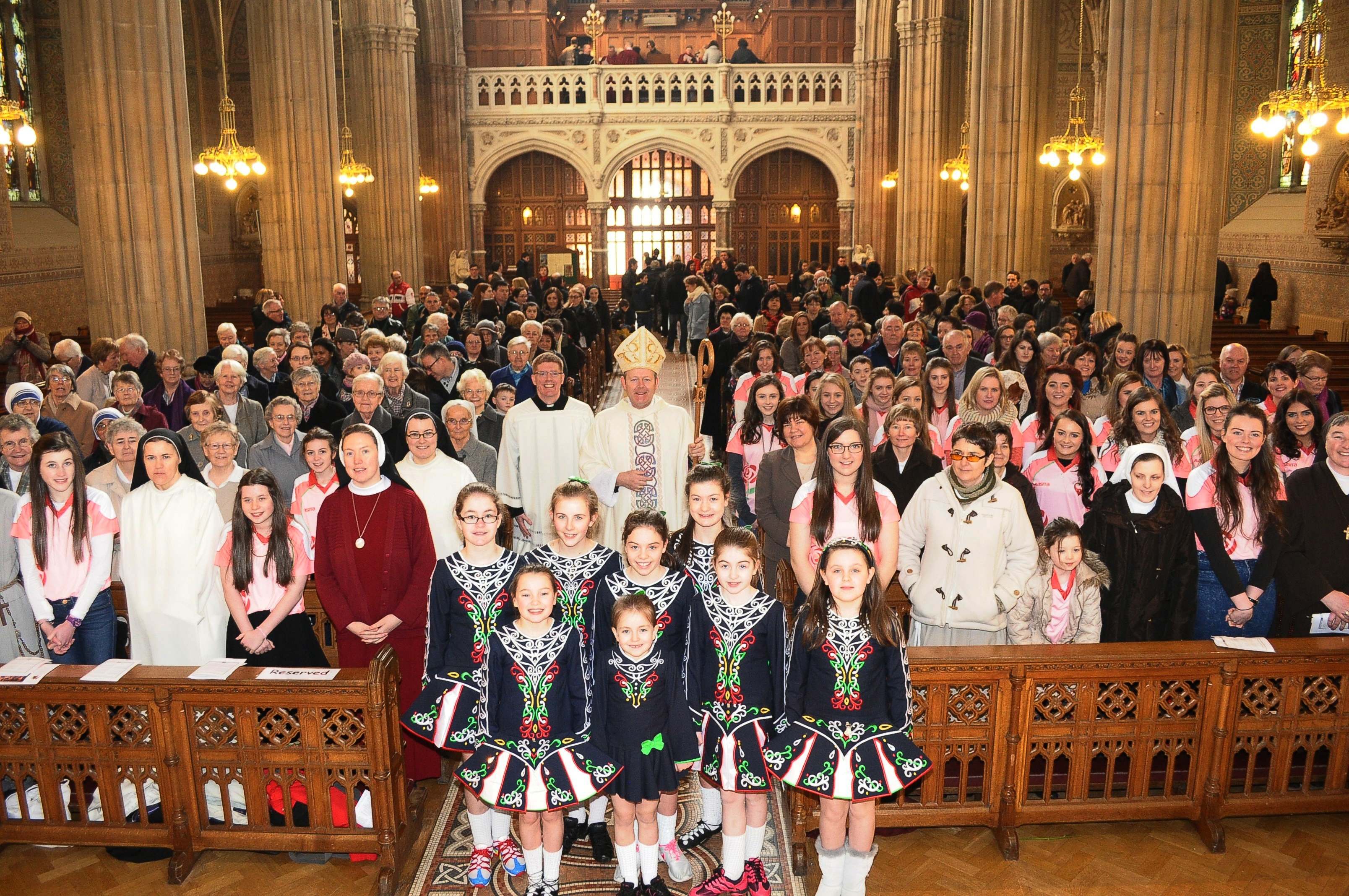
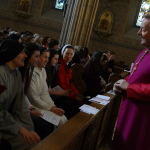
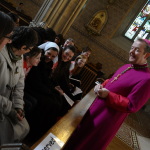
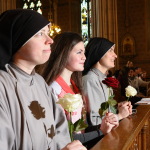
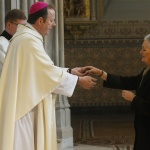
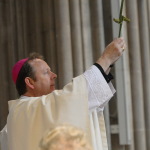
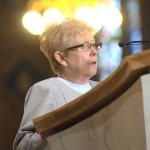
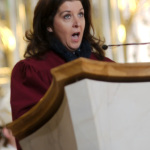
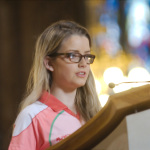
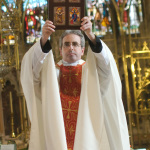

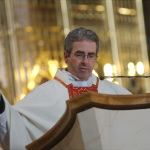
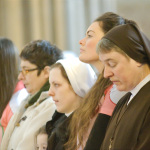

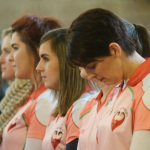
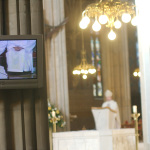
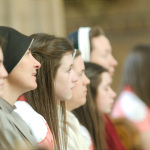
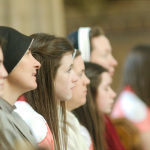
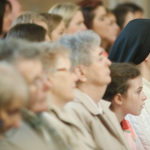
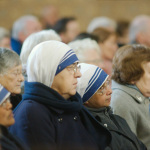
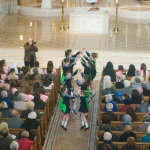
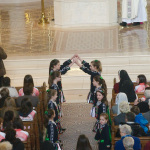
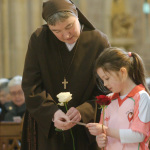
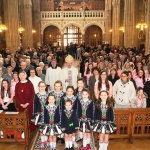

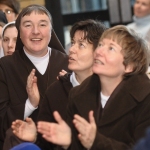
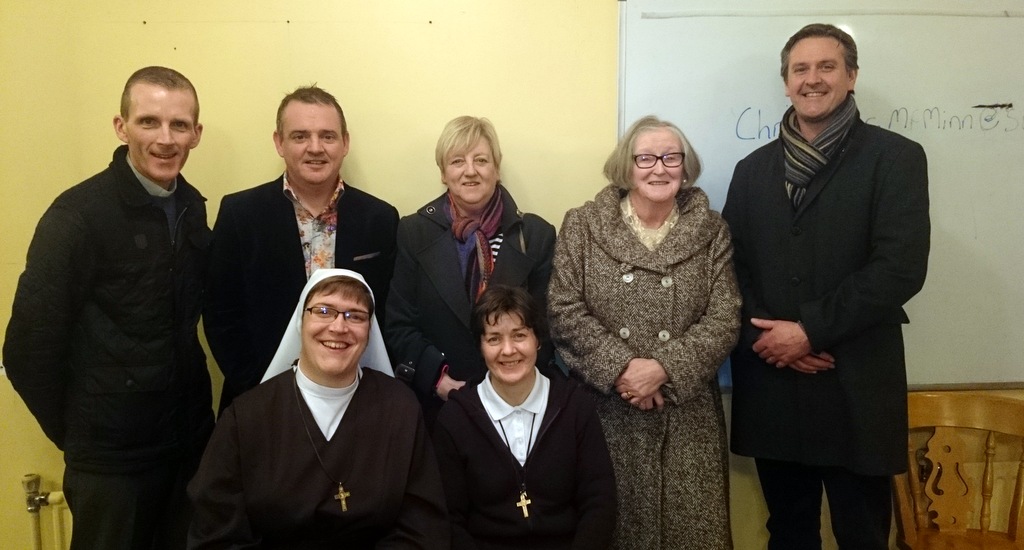
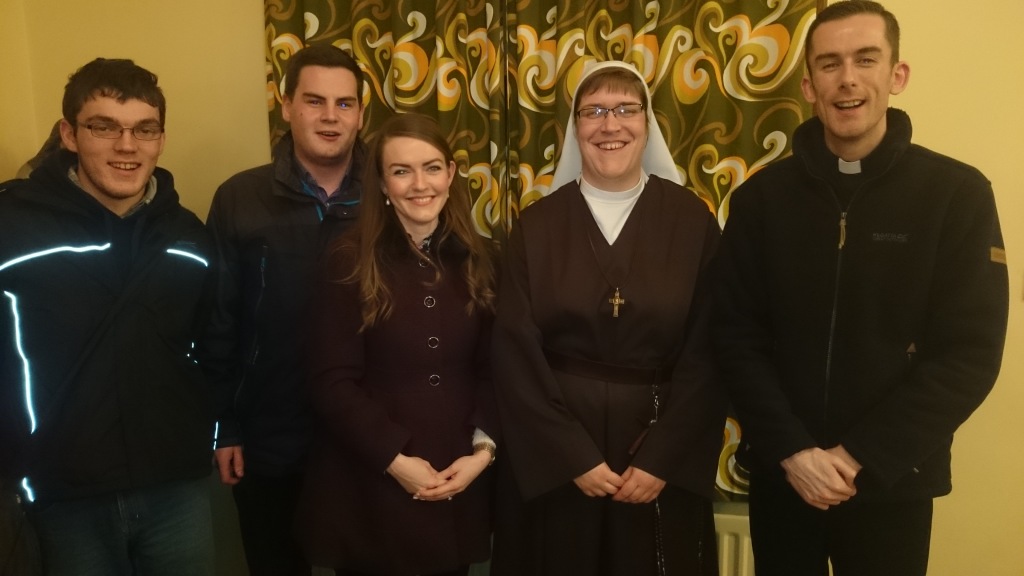
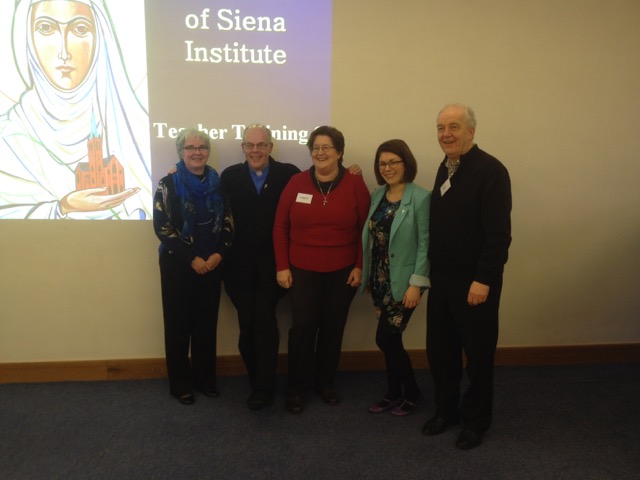
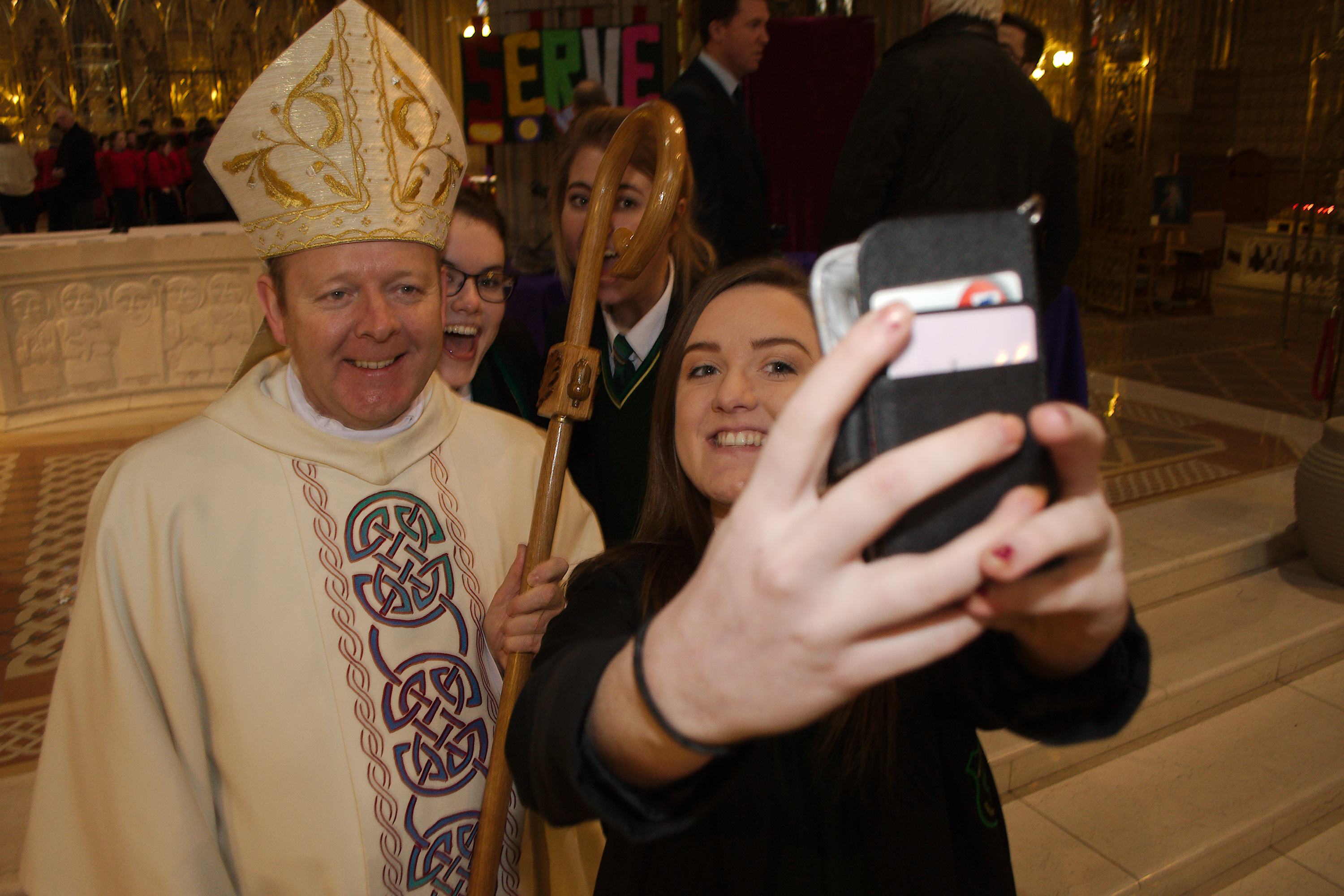

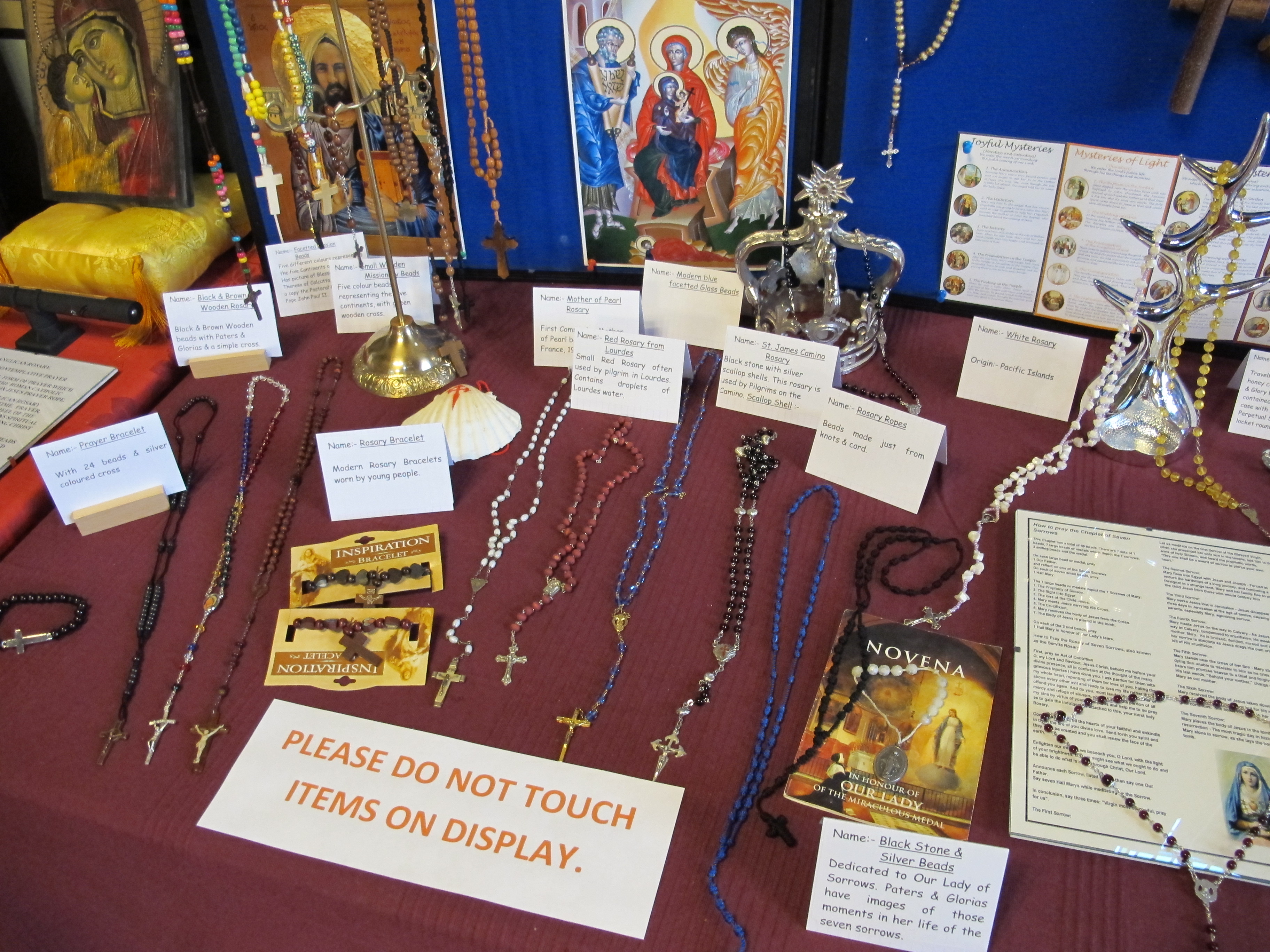


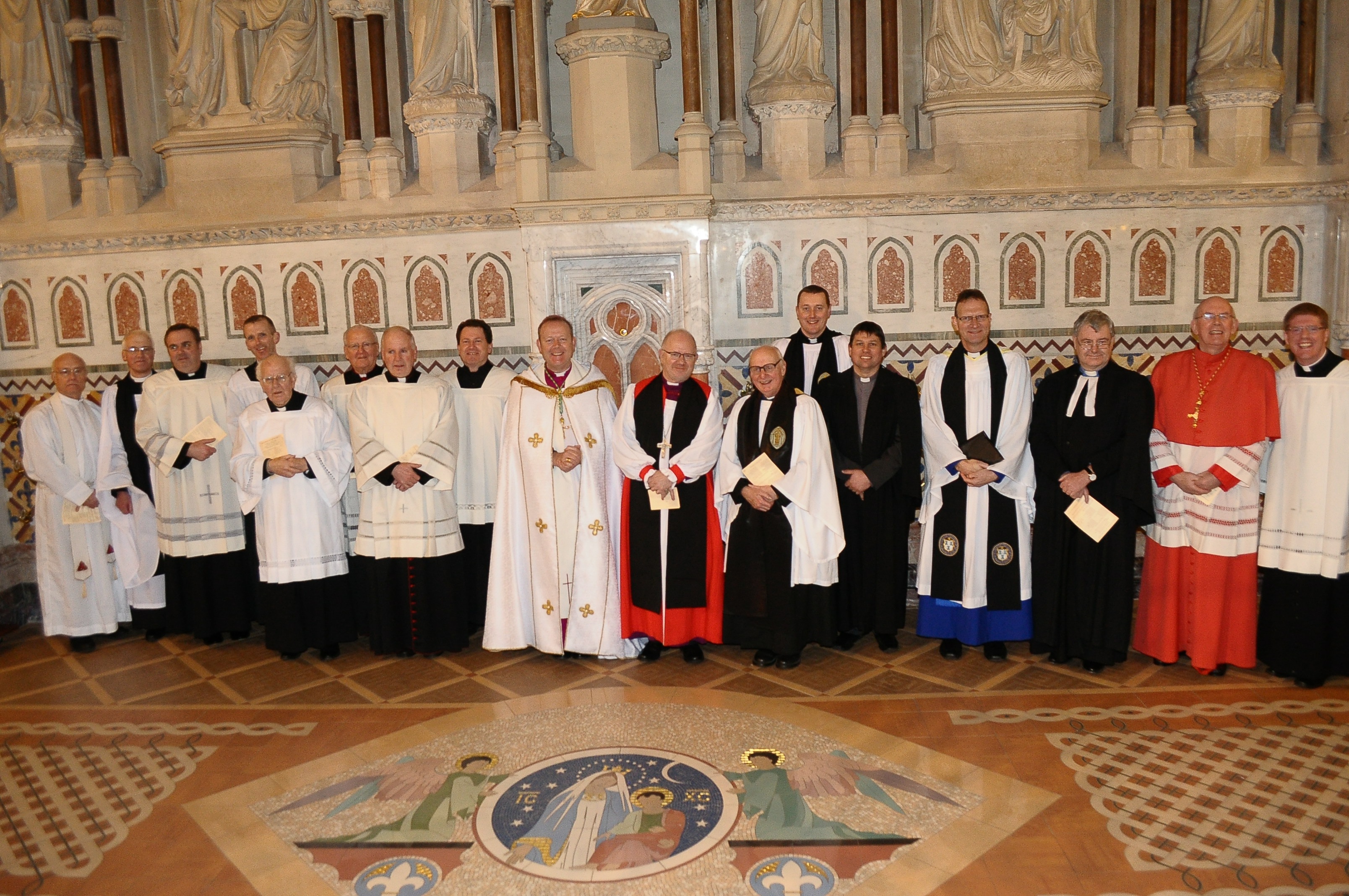
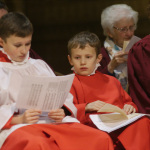
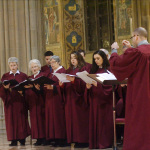
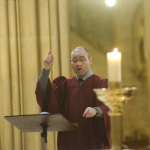
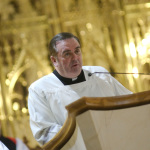
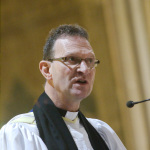
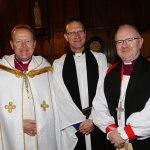
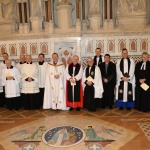
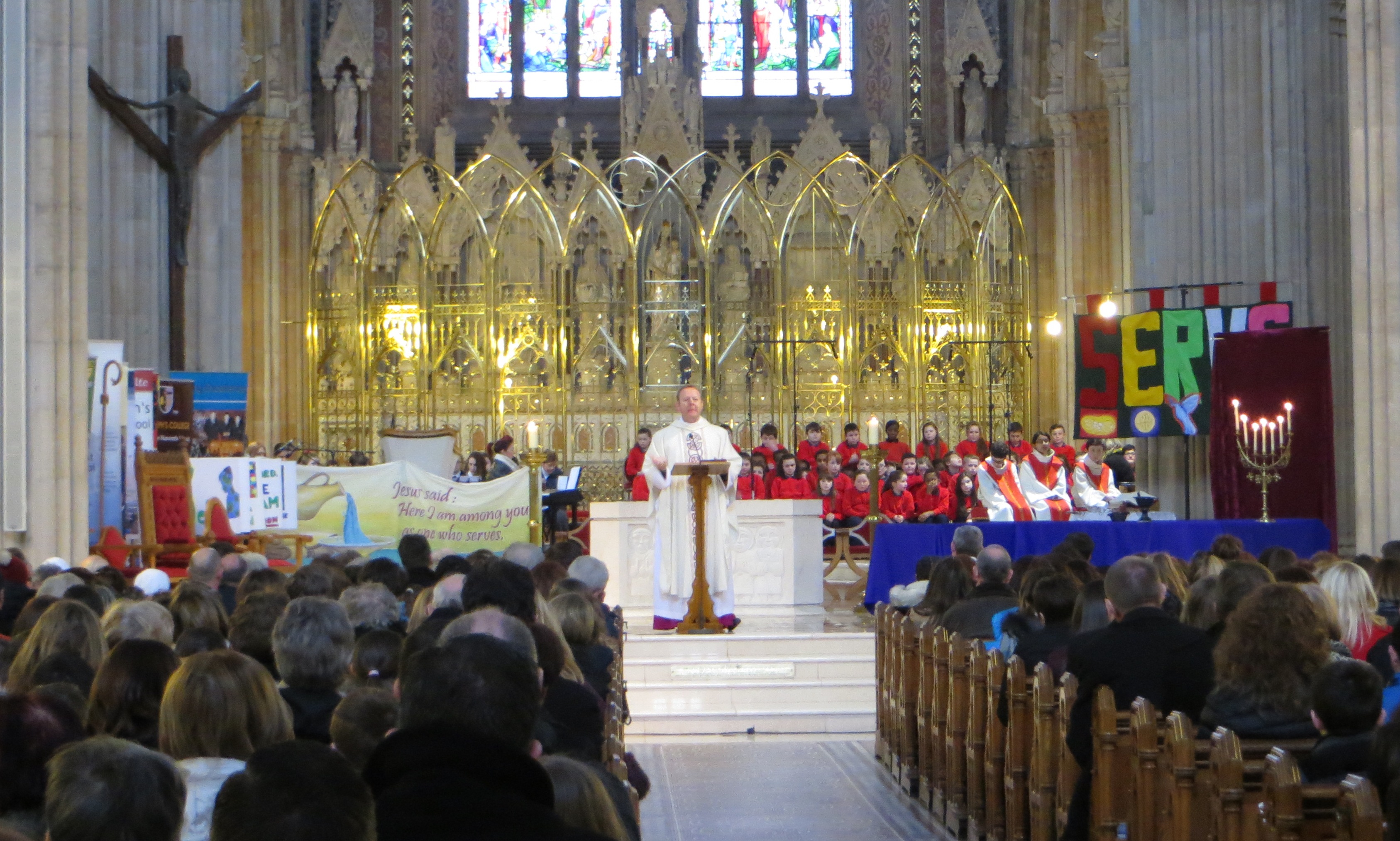
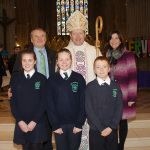
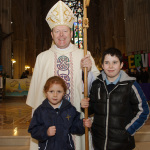
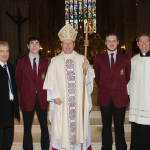
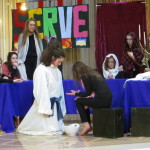
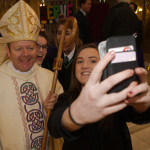
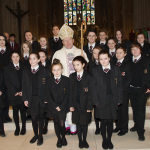
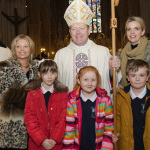
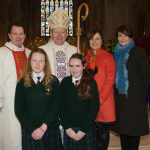
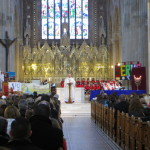
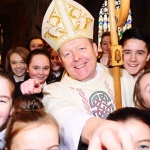
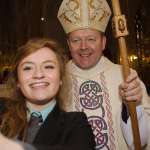
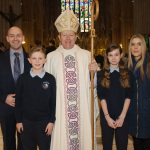
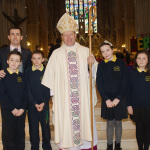
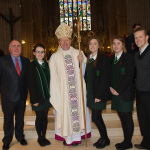
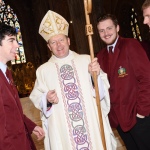
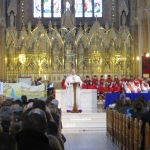
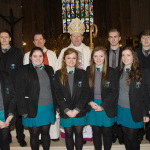
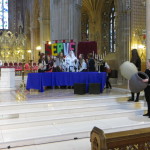
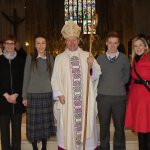
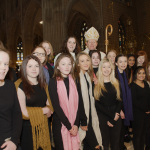
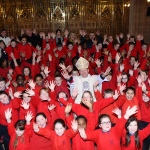
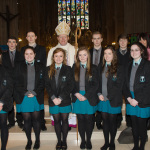
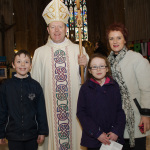
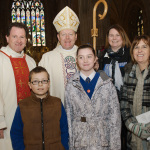

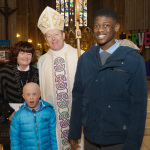
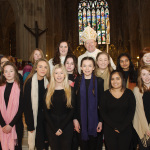
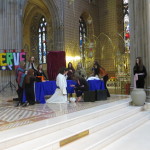
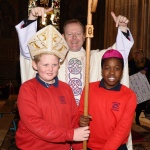

You must be logged in to post a comment.